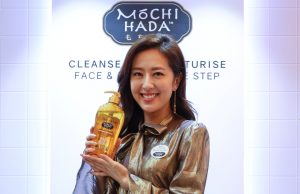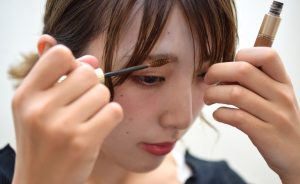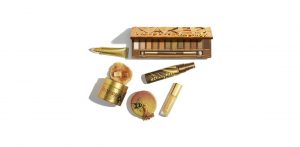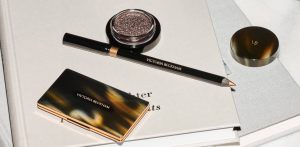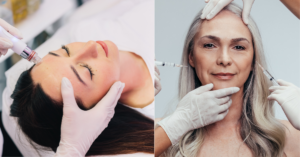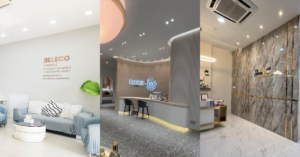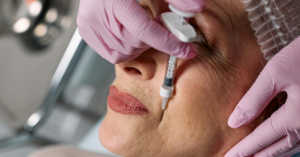Aesthetics
Allergan to recall its Biocell textured breast implants following the FDA’s recommendation
FDA recommended Allergan to recall some of its textured breast implants linked to a breast implant-associated cancer from the US...
By: Beauty Insider Journalist / July 26, 2019
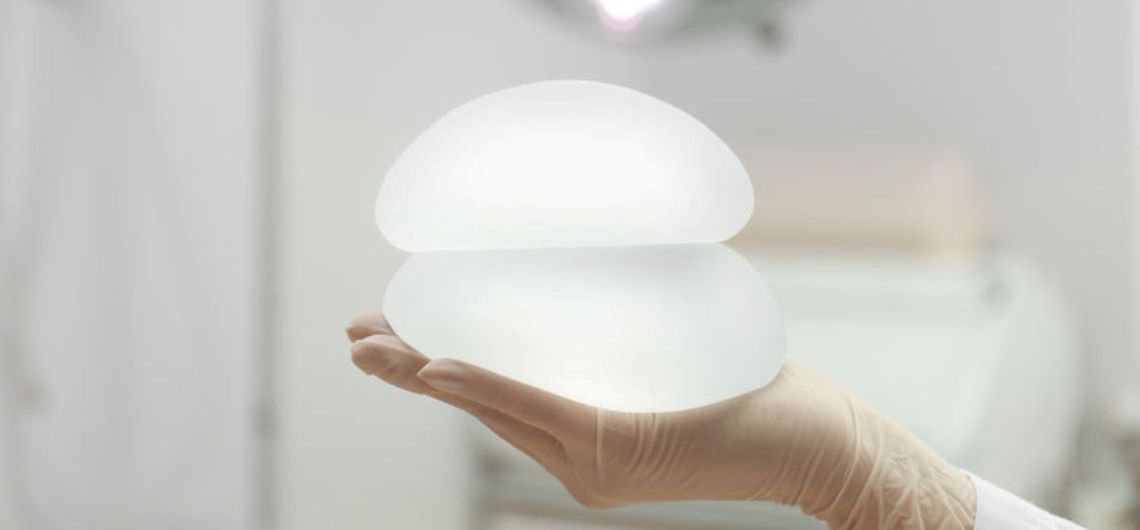
FDA recommended Allergan to recall some of its textured breast implants linked to a breast implant-associated cancer from the US market. In turn, Allergan recalls their Biocell textured breast implants not just in the US but worldwide. In addition, Allergan recalls its tissue expanders used by patients prior to breast augmentation.
This recommendation follows the actions taken by France and Canada in April 2019. France outrightly banned macro-textured and polyurethane-coated breast implants; followed by Canada placing a ban on Allergan’s Biocell implants, the only macro-textured implants in Canada. Australia has proposed to ban or suspend 25 models of breast implants related to BIA-ALCL in July 2019.
Contents
The Cancer concern – BIA-ALCL
The cancer linked to the textured breast implants is the Breast Implant-Associated Anaplastic Large Cell Lymphoma (BIA-ALCL). It is a breast implant-associated cancer of the immune system.
According to the FDA press release, they recorded 573 BIA-ALCL cases worldwide and 33 patient deaths. With nearly 84% of those diagnosed with BIA-ALCL attributed to Allergan implants.
Textured Breast Implants
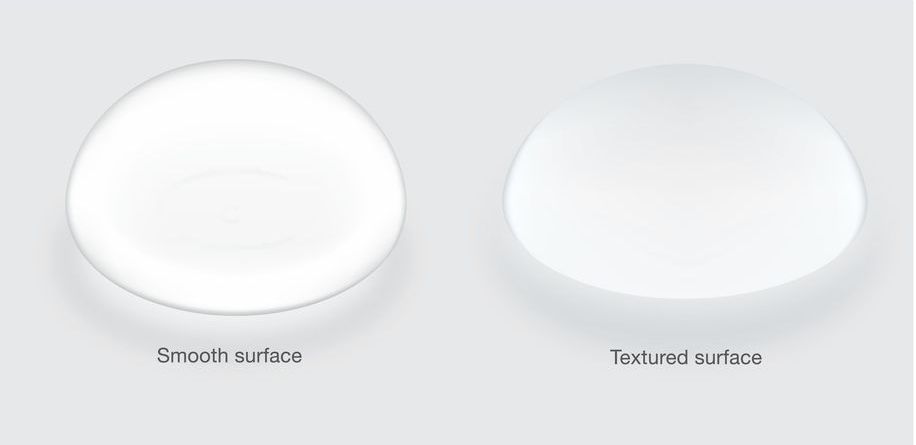
Textured breast implants are implants with a rough surface. The rough surface adheres to the surrounding tissues, increasing their ability to stay in place as compared to the smooth-surfaced breast implants.
Both saline and silicone made textured breast implants pose a risk and linked to the breast implant-associated cancer of the immune system.
Next Steps for the FDA
The FDA has requested breast implant manufacturers to provide quarterly trending analyses of adverse events, including BIA-ALCL. The correlation between BIA-ALCL and textured implants warrants more research into this subject. The FDA stated it will:
- Continue to evaluate any new information
- Take action with the other breast implants if warranted
- Continue to assess the risk of developing BIA-ALCL with all textured breast implants
Next Steps Forward
Women with textured breast implants should find out more from healthcare professionals.




